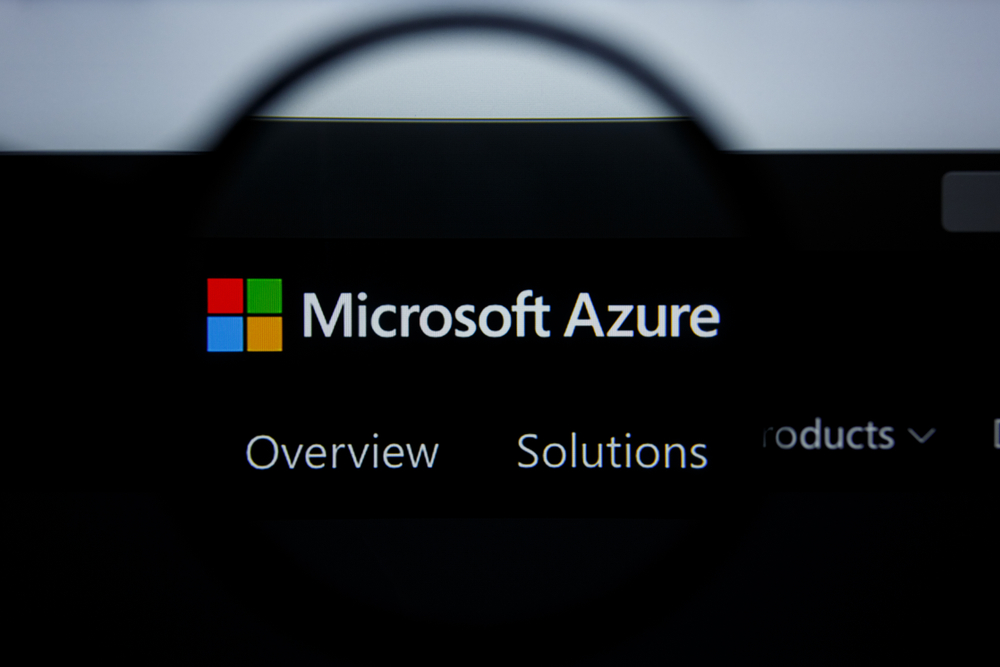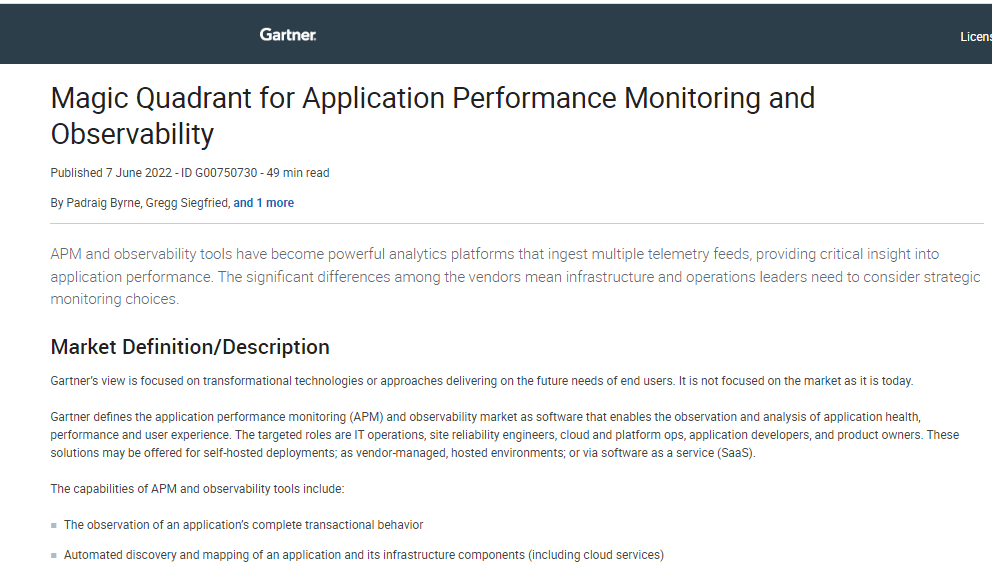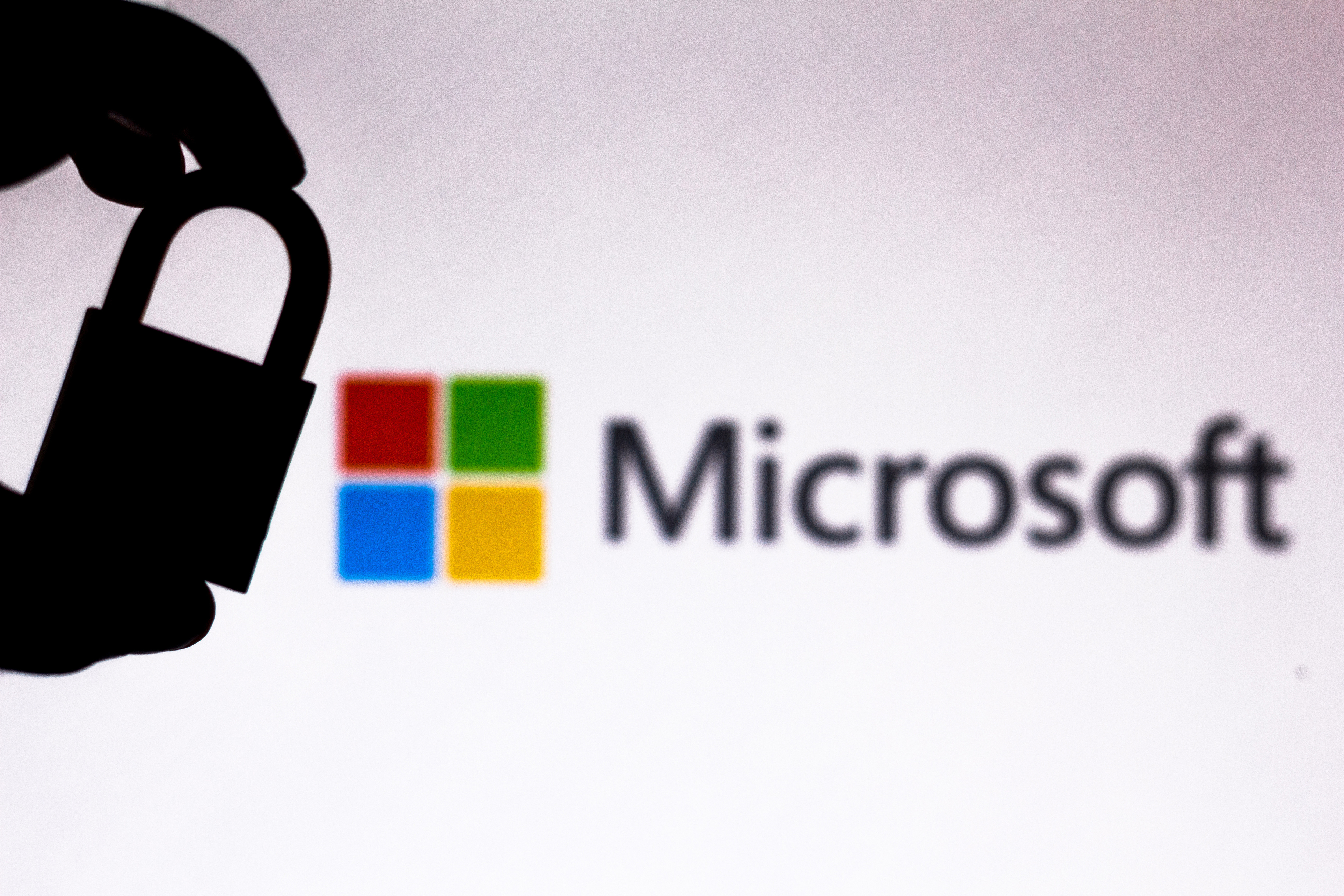Azure spending notifications for customers unavailable until March, Microsoft warns
Customers have been advised to manually monitor Azure usage and costs until a fix is implemented


Microsoft has warned Azure customers that a feature which enables cloud spending notifications will be unavailable until mid-March due to a ‘technical problem’.
In an advisory to its partner community, the firm revealed that customers using Azure Savings Plans, which allow users to set budgets and track real-time usage, will not receive spending notifications.
“Due to a technical problem with our internal processing system, if you bought Azure Savings Plans for your customers, even if you set budgets, you temporarily won’t get Azure spending notifications,” the company said.
“That means you won’t know how much your customers spend on Azure in real time. Instead, you’ll have to keep track of how and how much your customers use Azure resources.”
How Azure Savings Plans work
Azure Savings Plans allow customers to purchase cloud computing services through partners at a lower rate based on consumption.
Users on the plan agree to spend a “fixed hourly amount on compute services” and can choose to pay a one-time fee or make monthly payments.
Microsoft has positioned the savings plan as a way for businesses to access compute services in a flexible manner with reduced costs, and claims that users can save “up to 65%” on selected services.
Get the ITPro daily newsletter
Sign up today and you will receive a free copy of our Future Focus 2025 report - the leading guidance on AI, cybersecurity and other IT challenges as per 700+ senior executives
There is a caveat, however. Users that exceed their expected consumption are charged for additional usage on a pay-as-you-go basis.
With notifications and real-time tracking now unavailable, this means that businesses could unknowingly exceed their expected consumption levels and incur additional fees.
This ‘technical problem’ comes as businesses globally are contending with rising cloud computing costs and tightening budgets, and raises concerns about the risk of overspending.
“Not getting those notifications could make it difficult for you to manage Azure resources for your customers because you won’t be able to see how much is being spent in real time,” Microsoft warned.
“We're working hard to fix this problem and get spending alerts back as soon as possible. In the meantime, we encourage you to think of other ways to keep track of your customers’ usage on Azure.”
Recommended steps to monitor usage
Microsoft’s recommended steps to ensure that customers keep tabs on usage include manually monitoring Azure usage and costs.
RELATED RESOURCE

Magic quadrant for application performance monitoring and observability
Enabling continuous updating of diverse & dynamic application environments
“Check unbilled daily rated usage data regularly to ensure that you know how much your customers are spending on Azure resources,” the firm recommended.
Customers that encounter “abnormal usage” are advised to address this immediately to avoid incurring additional fees.
“You can access the data using APIs either synchronously or asynchronously, but we recommend that you use the asynchronous method for the fastest response.”
The company also advised customers to use the Azure portal to set up budgets to mitigate the risk of overuse until notifications are restored.

Ross Kelly is ITPro's News & Analysis Editor, responsible for leading the brand's news output and in-depth reporting on the latest stories from across the business technology landscape. Ross was previously a Staff Writer, during which time he developed a keen interest in cyber security, business leadership, and emerging technologies.
He graduated from Edinburgh Napier University in 2016 with a BA (Hons) in Journalism, and joined ITPro in 2022 after four years working in technology conference research.
For news pitches, you can contact Ross at ross.kelly@futurenet.com, or on Twitter and LinkedIn.
-
 Should AI PCs be part of your next hardware refresh?
Should AI PCs be part of your next hardware refresh?AI PCs are fast becoming a business staple and a surefire way to future-proof your business
By Bobby Hellard Published
-
 Westcon-Comstor and Vectra AI launch brace of new channel initiatives
Westcon-Comstor and Vectra AI launch brace of new channel initiativesNews Westcon-Comstor and Vectra AI have announced the launch of two new channel growth initiatives focused on the managed security service provider (MSSP) space and AWS Marketplace.
By Daniel Todd Published
-
 Microsoft is ending support for the Remote Desktop app – here are three alternatives you can try instead
Microsoft is ending support for the Remote Desktop app – here are three alternatives you can try insteadNews Microsoft has announced plans to end support for its Remote Desktop application in just over two months.
By George Fitzmaurice Published
-
 Microsoft's huge AI spending has investors worried – now the company is changing its financial reporting to highlight successes
Microsoft's huge AI spending has investors worried – now the company is changing its financial reporting to highlight successesNews The move comes as investors want more evidence that Microsoft’s AI investment will pay off
By Nicole Kobie Published
-
 Could Python in Excel be a boon for cryptocurrency miners?
Could Python in Excel be a boon for cryptocurrency miners?Opinion Free Python compute resource on offer via Microsoft 365 beta preview – what could possibly go wrong?
By Richard Speed Published
-
 Microsoft defends “negligent” security approach that prolonged vulnerability fix for five months
Microsoft defends “negligent” security approach that prolonged vulnerability fix for five monthsNews The tech giant has refuted claims that its practices have left customers “in the dark”
By Ross Kelly Published
-
 Microsoft Build 2023: Microsoft Fabric and oodles of Azure AI integrations announced
Microsoft Build 2023: Microsoft Fabric and oodles of Azure AI integrations announcedNews Microsoft Fabric aims to greatly improve developer productivity and simplify real-time analytics
By Ross Kelly Published
-
 Five ways to reduce Kubernetes costs
Five ways to reduce Kubernetes costsTutorials With cutting expenditure a business imperative, there are several ways enterprises can reduce Kubernetes costs
By Ross Kelly Last updated
-
 Microsoft cloud revenue still sky-high as device sales continue to slide
Microsoft cloud revenue still sky-high as device sales continue to slideNews The company's latest earnings call revealed that Azure cloud products delivered better-than-expected results while numbers in other divisions fell substantially
By Ross Kelly Published
-
 Microsoft unleashes Azure Orbital Ground Station
Microsoft unleashes Azure Orbital Ground StationNews New as a service offering will leverage Microsoft’s partner network, including KSAT, to help satellite operators operate at a lower cost and latency
By Daniel Todd Published